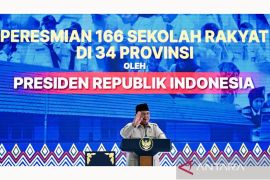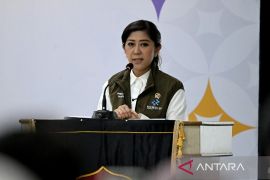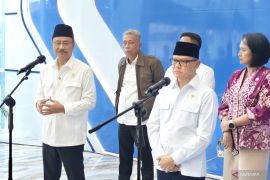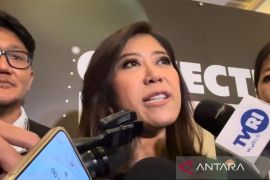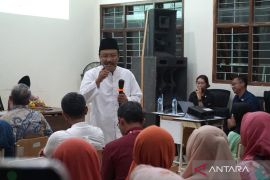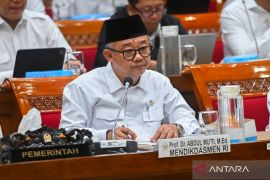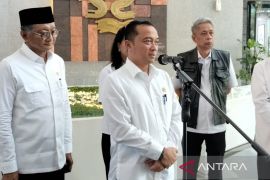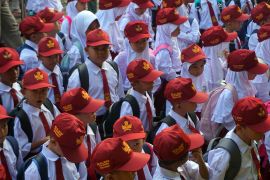"I think it will be quite difficult to be implemented this year because the budget year is already halfway through," he explained at the UPI Bandung campus on Monday.
The Constitutional Court's decision, which applies to both public and private schools, cannot be enforced without considering the financial aspects.
"We are currently coordinating with the relevant ministries to see the possibility of allocating the budget. The point is that it depends on the budget," he said.
Latipulhayat further said that technical regulations or technical instructions on implementing the policy are still pending.
"The technicalities are not there yet. For its implementation, we still have to do calculations first," he added.
The Constitutional Court ruling requires central and regional governments to provide free basic education at elementary, junior high, and madrasah or equivalent institutions, both public and private.
"Granting the petitioners' request in part," Chief Justice Suhartoyo said while reading out the verdict, Number 3/PUU-XXII/2024, at the Constitutional Court in Jakarta on May 27, 2025.
The court stated that the phrase "compulsory education at least at the elementary education level without charging fees" in Article 34 paragraph 2 of Law Number 20 of 2003 has given rise to multiple interpretations and discriminatory treatment, thus contradicting the 1945 Constitution Act.
Article 34 paragraph 2 of Law Number 20 of 2003 concerns the National Education System (Sisdiknas).
Constitutional judge Enny Nurbaningsih explained that if applied to public schools alone, the phrase "compulsory education at least at the elementary education level without charging fees" could create a gap in access to basic education for students who attend private schools.
Moreover, at times, students are forced to attend private schools due to the limited capacity of public schools.
In such conditions, according to the Constitutional Court, the state still has a Constitutional obligation to ensure that no students face obstacles in accessing basic education due to economic factors and limited education facilities.
Related news: Jakarta to pilot free education at private schools: governor
Related news: Free education: House ready to monitor MK ruling implementation
Translator: Ricky Prayoga, Cindy Frishanti Octavia
Editor: Arie Novarina
Copyright © ANTARA 2025



